
Scope and
Background
Intelligent agents in AI are software entities designed to act on behalf of humans with some degree of autonomy. Such agents interact with their environment by sensing its status and employing their knowledge to carry out operations that help them achieve their goals. Intelligent agents possess distinctive properties such as adaptability, reactivity, proactivity, and sociability. They can collaborate or compete with each other, aiming to achieve personal or shared objectives. The applications of agents vary in scale, ranging from personal assistants and conversational systems to large-scale, intricate, and mission-critical systems such as autonomous vehicles or search and rescue drones. The research on intelligent agents focuses on inventing innovative agent models, frameworks, and techniques to improve their capabilities.
The IEEE International Conference on Agents (IEEE ICA) brings together scholars and professionals in all areas of agent research. IEEE ICA provides a platform to explore new theories, practices, and applications of intelligent and autonomous agents. In the past, the IEEE ICA conferences were held in Adelaide (2022), Kyoto (2021), Jinan (2019), Singapore (2018), Beijing (2017), and Matsue (2016). The 7th IEEE International Conference on Agents (IEEE ICA 2023) will be held on December 4-6th at the Clock Tower Centennial Hall of Kyoto University in Kyoto, Japan. The presenters of the accepted papers are recommended to attend the conference in person.
The Program Committee invites theoretical and technical papers on significant, original, and unpublished research in all areas of agent research.
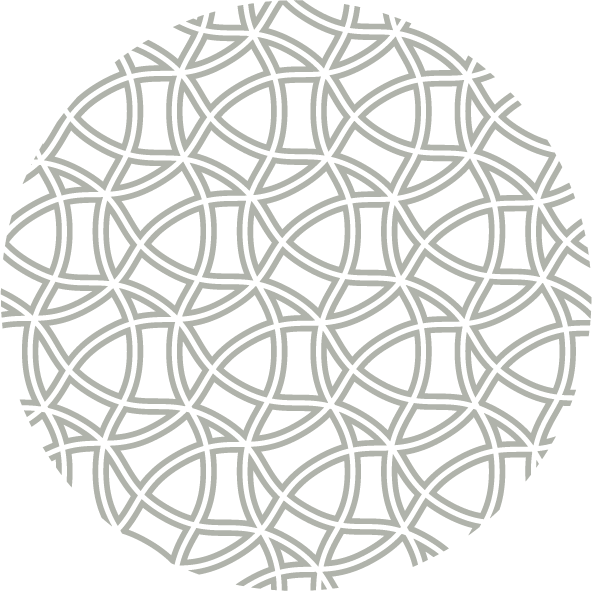
Areas of Interest
We envision a future society where intelligent agents and humans coexist and work together harmoniously to mitigate humanity's global challenges. In line with this vision, the 7th International Conference on Agents (IEEE ICA 2023) calls for novel contributions to the topics listed below.
This year, the central theme of ICA will revolve around conversational agents, their theories, implementations, and applications. The focus should, in particular, be on incorporating large language models (LLMs) into conversational agents, advancing their capabilities, and exploring their potential to collaborate effectively with humans in addressing pressing global challenges. You are encouraged to submit innovative work and insights on how conversational agents empowered by LLMs can play a transformative role in shaping a better future for our society.
- Agent-based decision-making theories and techniques
- Simulation of society using agents and multiagent Systems
- Conversational agents and large language models
- Agent-based negotiation, coordination, cooperation, and argumentation
- Game theory, social choice theory, auctions, and mechanism design
- Collective intelligence, social computing, and wisdom of the crowds
- Self-organization and self-adaptation
- Complex systems and system dynamics
- Internet of Things, agents, and people
- Human and multiagent agent interaction
- Ethical, legal, and social aspects pertaining to agent technologies
- Future visions and grand challenges of agents and multiagent systems


Submission
Guidelines
The conference welcomes submissions of original research relevant to the topics described above. Submissions must be written in English, formatted according to the IEEE Conference Proceedings format (link), and submitted via EasyChair (link). All information linking to the authors MUST be removed from the submission due to the double-blind peer-review policy of the conference. Submissions should be no longer than six pages (including the references) for regular papers, four for short papers, and two for poster papers.
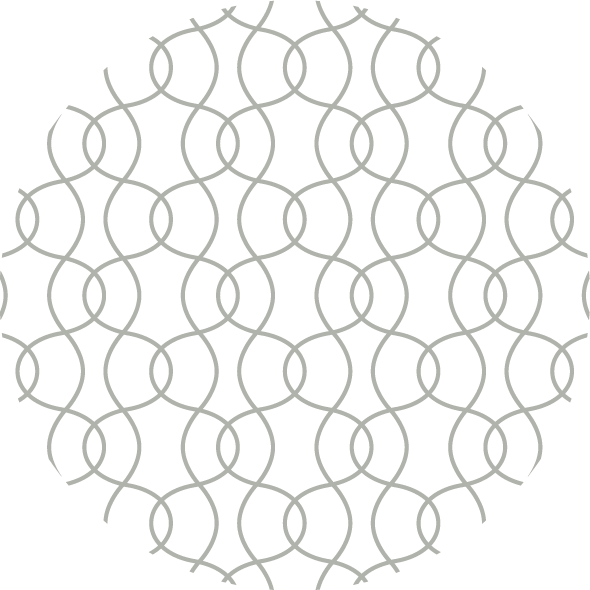
Review Process and
Acceptance Standards
At least three reviewers from our PC members will review all submitted papers through a double-blind peer-review process. The acceptance standards include its technical soundness, novelty, impact, and readability. All accepted papers will be presented either orally or as a poster. A multiple submission policy is applied for the papers. Papers submitted to other conferences must reflect this fact on the title page, whether verbatim or in essence. Papers that do not meet this requirement are subject to rejection without review. All accepted papers in the regular oral presentation/poster will be published in conference proceedings by IEEE CPS. The papers will be indexed by EI, SCOPUS, INSPEC, DBLP, and ISI. Selected IEEE ICA 2023 papers will be invited for expansion and publication in international Journals.
Any paper not presented at the conference (no-show) will not be published in the proceedings.

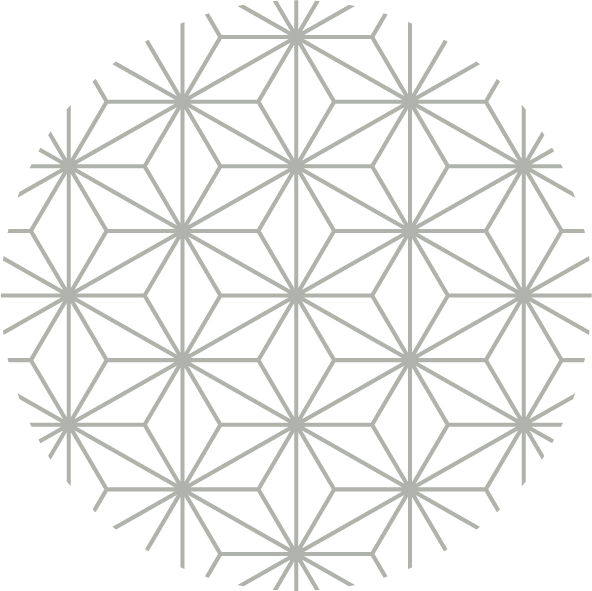
Important Dates
- Submission Deadline : September 1st, 2023
- Author Notification : September 20th, 2023
- Camera-ready Deadline : October 10th, 2023
- Early Registration Deadline : October 20th, 2023
- IEEE ICA 2023 : December 4th - 6th, 2023

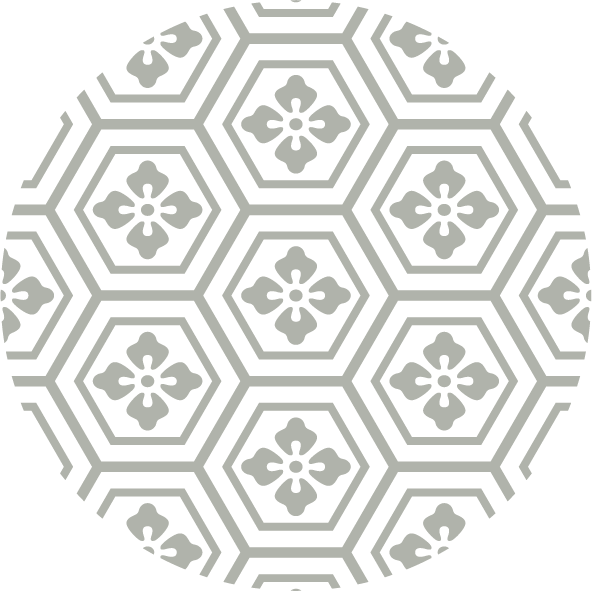
Conference Committee
General Chair
- Takayuki Ito, Kyoto University, Japan
Program Chairs
- Rafik Hadfi, Kyoto University, Japan
- Weihua Li, Auckland University of Technology, New Zealand
Financial Chair
- Tokuro Matsuo, Advanced Institute of Industrial Technology, Japan
Local Arrangements Chair
- Jawad Haqbeen, Kyoto University, Japan
Publication Chair
- Sofia Sahab, Kyoto University, Japan
Web Chairs
- Yihan Dong, Kyoto University, Japan
- Shiqing Wu, University of Technology Sydney, Australia
Volunteer Chair
- Shiyao Ding, Kyoto University, Japan
Honorary Chairs
- Quan Bai, University of Tasmania, Australia
- Zehong (Jimmy) Cao, University of South Australia, Australia
Advisory Committee
- Chengqi Zhang, University of Technology, Australia
- Yves Demazeau, CNRS, France
- Catholijn Jonker, TU Delft, Netherlands
- Minjie Zhang, University of Wollongong, Australia
- Jiming Liu, Hong Kong Baptist University, China
- Chunyan Miao, Nanyang Technological University, Singapore
Program Committee Members
- Blerina Spahiu, Università degli Studi di Milano Bicocca
- Carlos Rodrigo Garibay Rubio, Kyoto University
- Daniela Cialfi, University of Studies G.D'Annunzio Chieti-Pescara
- Donghui Lin, Okayama University
- Edmund Lai, Auckland University of Technology
- Fenghui Ren, University of Wollongong
- Gang Li, Deakin University
- Giancarlo Sperlì, University of Naples
- Han Yu, Nanyang Technological University
- Jian Mi, Yangzhou University
- Jianhua Jiang, Jilin University of Finance and Economics
- Jing Ma, Auckland University of Technology
- Jose Paolo Talusan, Vanderbilt University
- Luis Martín Sánchez-Adame, UAEM-Valle de México
- Naoki Fukuta, Shizuoka University
- Narges Armanfard, McGill University
- Pavel Naumov, University of Southampton
- Poline Yin-Xian, Hong Kong Science and Technology Parks
- Qing Cai, Nanyang Technological University
- Reyhan Aydogan, Delft University of Technology
- Rishabh Sharma, Hewlett Packard Enterprise
- Shigeo Matsubara, Osaka University
- Shiqing Wu, University of Technology Sydney
- Shun Okuhara, Nagoya Institute of Technology
- Takanobu Otsuka, Nagoya Institute of Technology
- Valentin Robu, Centrum Wiskunde & Informatica
- Victor Sanchez-Anguix, Universitat Politecnica de Valencia
- Xiaodan Wang, Yanbian University
- Xing Su, Beijing University of Technology
- Yang He, University of Technology Sydney
- Yi Yang, Hefei University of Technology
